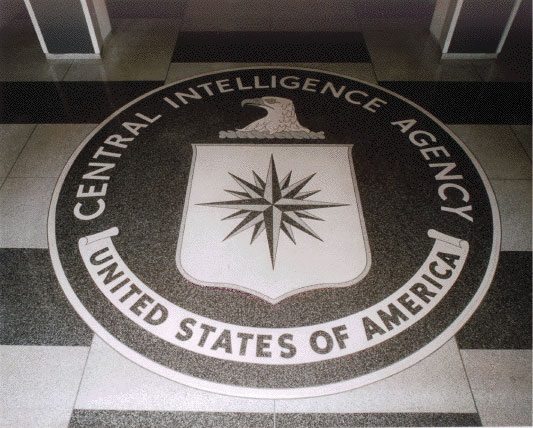
November 20, 2013; Los Angeles Times
This report from Essential Information, a group founded by Ralph Nader in the 1980s, is among the most surprising and disturbing report of out-of-control corporate power we have seen in a very long time. According to the report, several corporations have recruited—hold on to your hats—the Central Intelligence Agency, the National Security Agency, the FBI, and even the military to spy on nonprofit groups they see as critics. The range of issues addressed by these nonprofits include consumer food safety, pesticide reform, nursing home oversight, animal rights, and arms control.
The report, titled “Spooky Business: Corporate Espionage Against Nonprofit Organizations” and written by Gary Ruskin, describes corporate espionage activities conducted by household corporate names—Chevron, Walmart, Shell, McDonald’s, Coca-Cola, Union-Carbide, and others. The nonprofit targets include Greenpeace, PETA, the Occupy Wall Street movement, Wikileaks, Public Citizen, the Tides Foundation, the Center for American Progress, the Brady Campaign, Friends of the Earth and dozens more, including individual activists.
Sign up for our free newsletters
Subscribe to NPQ's newsletters to have our top stories delivered directly to your inbox.
By signing up, you agree to our privacy policy and terms of use, and to receive messages from NPQ and our partners.
Ruskin’s stories are collected from a period of many years and rely on public documents, journalists’ investigative reports, and court documents. The disturbing issue isn’t the stories, several of which are generally known, but their compilation to present a picture of corporate espionage that is able to tap into the apparatus of some of the nation’s most powerful and secretive agencies at the service of corporate America. In some instances, he includes investigations of nonprofits conducted by the FBI and other agencies, serving corporate interests, taking aim at these corporate critics, but occurring apparently independently of specific corporate sponsorship.
The techniques employed by the corporations include computer hacking, telephone voicemail hacking, obtaining nonprofit telephone records, wiretapping, outright theft of nonprofits’ computer hardware, spreading disinformation to discredit the organizations, investigating the private lives of nonprofit activists and their family members, the creation and distribution of false dossiers to discredit nonprofit activists, and blackmail.
What is specifically new are Ruskin’s recommendations for protecting nonprofits from illegal or unethical corporate espionage. Among his suggestions are these:
- Congressional hearings on corporate espionage against nonprofits
- Enactment of a “Citizen-Group Espionage Act” to criminalize theft of confidential non-economic information
- Prohibition of active duty law enforcement officials from conducting corporate espionage against nonprofits
- Legislation requiring corporations to provide full transparency regarding any espionage against nonprofits
- Directing the Department of Justice Inspector General to report on law enforcement surveillance of nonprofits
- Establishment of a foundation-funded network of free security advisors to help nonprofits protect themselves against espionage
As much as Ruskin may have detailed stories about various known instances of corporate espionage targeting nonprofits, we can only imagine the other, smaller stories of corporate espionage targeting activists. If any nonprofit readers of the NPQ Newswire are aware of instances of their organizations being targeted for inappropriate espionage at the behest of or in the service of corporate interests, we would like to know. –Rick Cohen











